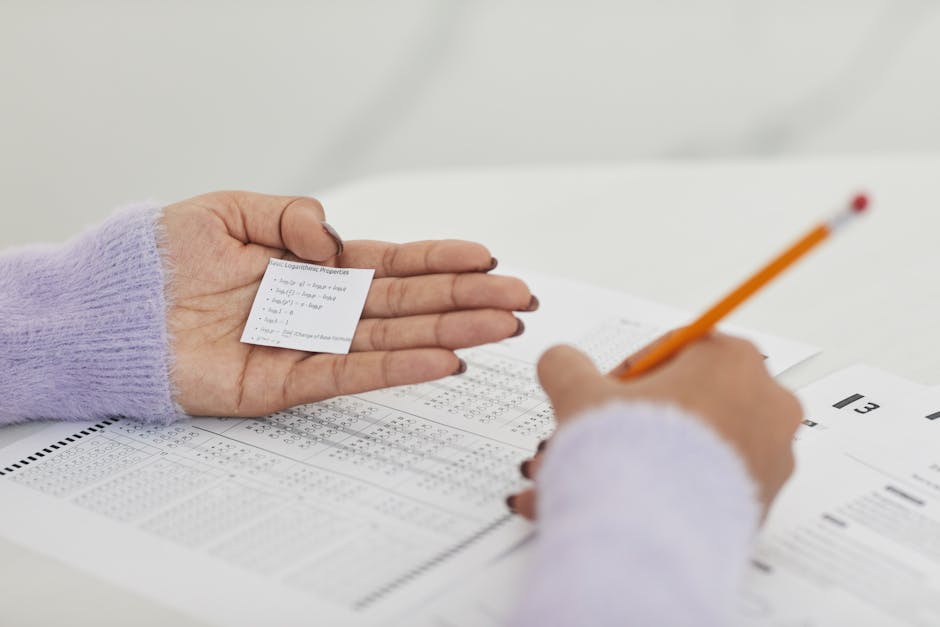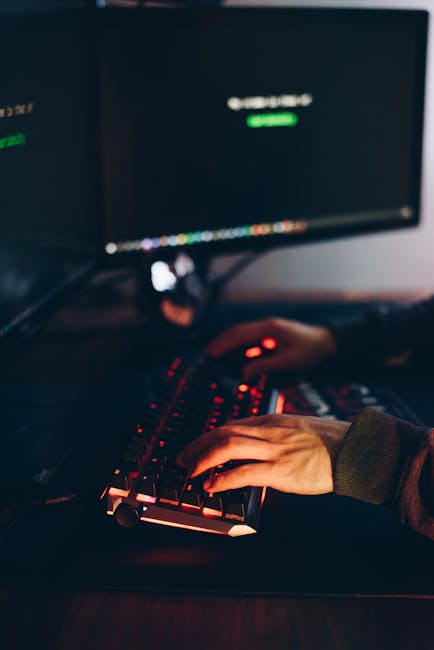Will Cheating Be Illegal in 2026? A Deep Dive into the Future of Academic and Professional Integrity
The question, “Will cheating be illegal in 2026?” is complex, multifaceted, and doesn’t lend itself to a simple yes or no answer. While outright criminalization of cheating in its various forms isn’t likely by 2026, the landscape of academic and professional integrity is rapidly evolving. Technological advancements, coupled with growing societal awareness of the ethical implications of dishonesty, are creating a new paradigm where the consequences of cheating are becoming increasingly severe.
The Current Legal Landscape of Cheating
Currently, the legality of cheating hinges largely on the context. Academic institutions have their own internal codes of conduct, with penalties ranging from failing grades to expulsion. In professional settings, cheating can lead to termination, reputational damage, and, in extreme cases, legal repercussions such as fraud charges. However, there’s no overarching, universally applicable law specifically criminalizing cheating in a generalized sense.
Existing laws often address the *outcomes* of cheating rather than the act itself. For example, plagiarism—a common form of cheating—can lead to copyright infringement lawsuits if intellectual property is stolen. Similarly, academic dishonesty that results in the falsification of credentials for employment might be prosecuted under fraud laws. The key difference is that these legal actions target the consequences, not the act of cheating itself.
Types of Cheating and Their Potential Legal Ramifications
- Plagiarism: As mentioned, plagiarism can already lead to significant legal and professional consequences, especially in high-stakes scenarios like publishing or patent applications.
- Academic Fraud: Submitting falsified data, research, or credentials can result in criminal charges related to fraud or perjury.
- Exam Cheating: This often falls under the institution’s disciplinary actions, but could involve legal repercussions if it involves external parties or serious consequences (e.g., compromising a high-stakes standardized test).
- Corporate Fraud: This is an existing area where cheating in financial reporting or other aspects can lead to serious legal ramifications, including hefty fines and imprisonment.
- Sports Doping: This area already has strict regulations and legal consequences, and is likely to remain highly regulated.
Technological Advancements and the Detection of Cheating
Technology is playing a crucial role in making cheating harder and detection easier. Sophisticated plagiarism detection software is becoming increasingly prevalent in academia and beyond. AI-powered tools can analyze text, code, and images for similarities, making it difficult to get away with plagiarism or other forms of academic dishonesty.
Proctoring software for online exams is becoming more sophisticated, utilizing facial recognition, keystroke monitoring, and screen recording to deter and detect cheating during remote assessments. These tools are raising ethical concerns about student privacy, but their effectiveness in preventing cheating is undeniable.

The Societal Shift Towards Ethical Conduct
Beyond technological advancements, there’s a growing societal emphasis on ethical conduct and academic integrity. This shift is driven by a number of factors, including:
- Increased awareness of the consequences of dishonesty: Public cases of academic and professional misconduct are highlighting the significant repercussions faced by those who cheat.
- Demand for higher standards of integrity: Employers and institutions are placing a greater emphasis on ethical behavior and character in hiring and admissions decisions.
- Improved educational practices: Institutions are increasingly focusing on fostering a culture of academic integrity through education and proactive measures.
Predicting the Future of Cheating and its Legal Status in 2026
While a blanket law criminalizing cheating across the board is unlikely by 2026, the penalties for cheating are likely to become more severe and far-reaching. The confluence of technological advancements, stricter enforcement, and a growing societal emphasis on integrity points to a future where cheating carries significantly greater risk.
We can expect to see:
- More sophisticated detection methods: AI and machine learning will continue to improve the detection of cheating across various contexts.
- Increased use of preventative measures: Educational institutions and organizations will implement more proactive measures to discourage cheating and promote ethical behavior.
- Strengthened institutional policies: Disciplinary actions for cheating will likely become more stringent, with potentially harsher penalties.
- Greater emphasis on ethical education: Curricula will increasingly incorporate education on academic integrity and ethical conduct.
- More robust legal frameworks for specific types of cheating: Existing laws addressing the consequences of cheating will likely become more comprehensive.
Conclusion: A Proactive Approach to Integrity
The question of whether cheating will be illegal in 2026 is not a simple one. However, the trends clearly point towards a future where the consequences of cheating are significantly amplified. Technological advancements, societal shifts, and evolving institutional policies combine to create a landscape where dishonesty carries much higher risks. Rather than waiting for a specific law, the focus should be on fostering a culture of academic and professional integrity, thereby making cheating a less attractive—and ultimately, less viable—option.

The future of integrity isn’t about waiting for a legal hammer to fall; it’s about building a proactive system that values honesty and ethical conduct above all else. This means investing in education, developing robust detection methods, and ensuring that the consequences of dishonesty are clear and consistently enforced.


